Now Rescinded, Trump-Era ‘Public Charge’ Policy May Still Harm Immigrants’ Health
The Trump administration’s expansion of the “public charge” rule — a move that sought to disqualify immigrants who used social programs like Medicaid from obtaining legal residency in the U.S. — led to widespread disenrollment from these programs and left scores of children in California without access to health care in the midst of the COVID-19 pandemic. What’s more, say the authors of a new report from the UCLA Latino Policy and Politics Initiative, the fear and confusion that the now-rescinded Trump-era policy sowed in the state will likely have a chilling long-term effect. The researchers’ analysis determined that the number of Latino children of immigrant parents who do not have a usual source of medical care could increase from the current level of just over 64,000 to more than 180,000 as parents avoid enrolling or disenroll their children from non-cash public assistance programs out of fear of jeopardizing their immigration status. Additionally, the researchers say, the number who have not seen a doctor within the previous 12 months could eventually jump from approximately 99,000 to almost 240,000. The public health consequences are likely to extend to U.S.-born children, who are already citizens but whose immigrant parents may fear that enrolling them in public assistance programs might limit their own path to a “green card,” or lawful permanent residency, the authors say. The report indicated that immigrant communities in Los Angeles County have been more acutely impacted by the complex and often confusing changes to immigration policies than those in any other region in the state.
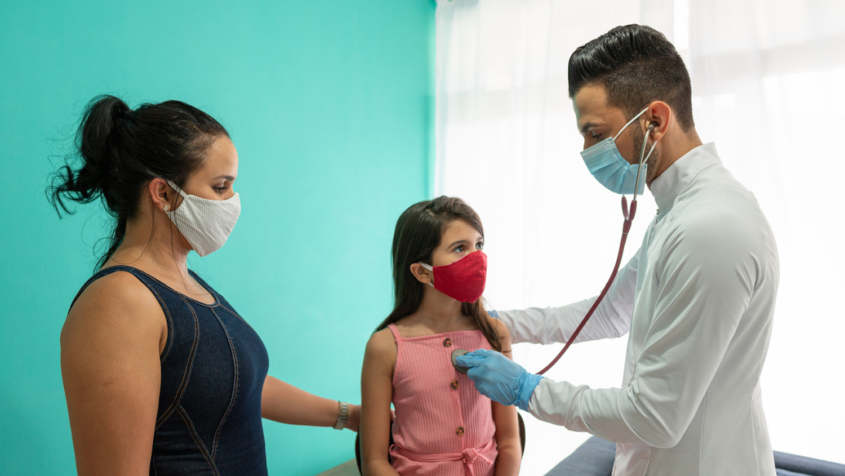
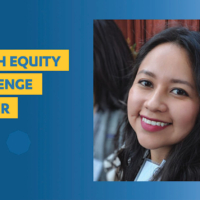
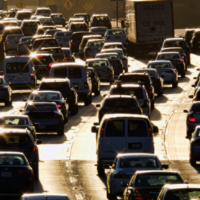
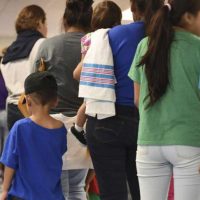
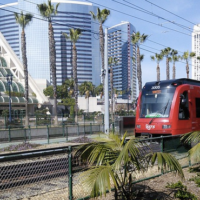
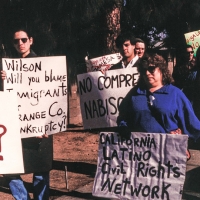
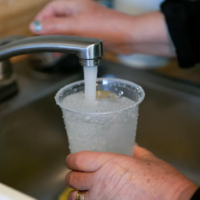



Leave a Reply
Want to join the discussion?Feel free to contribute!